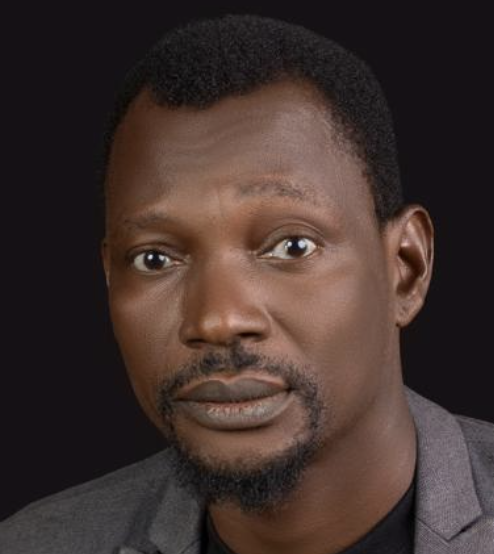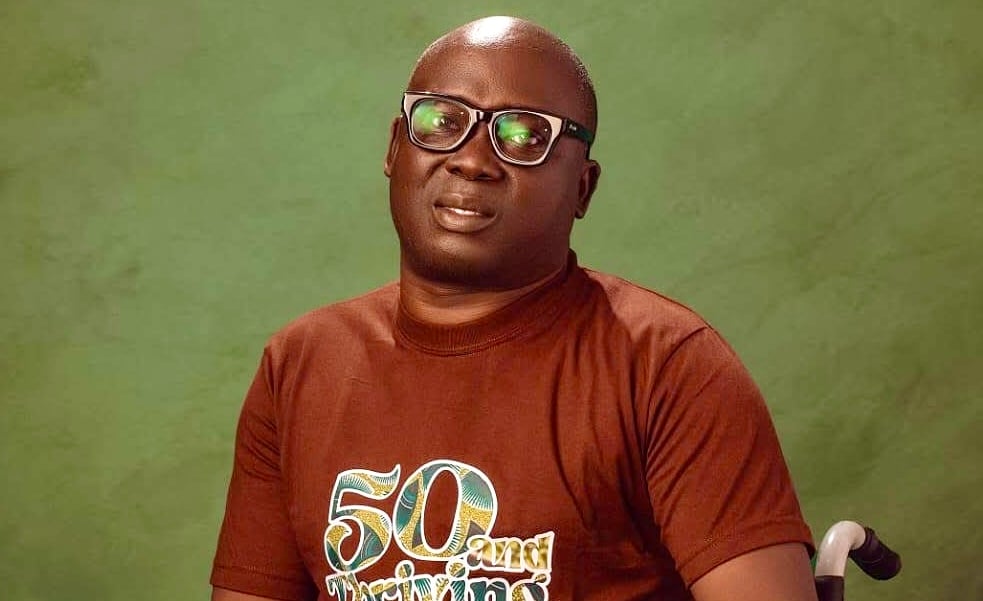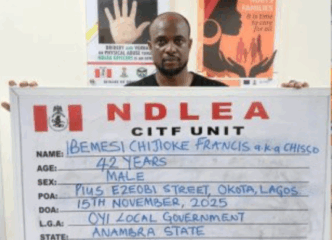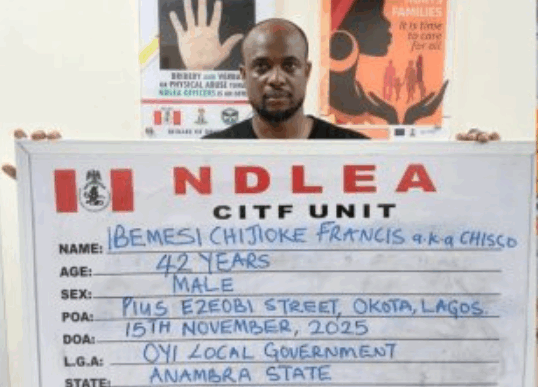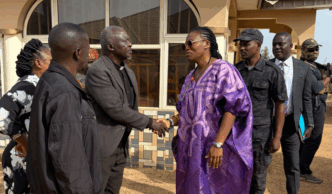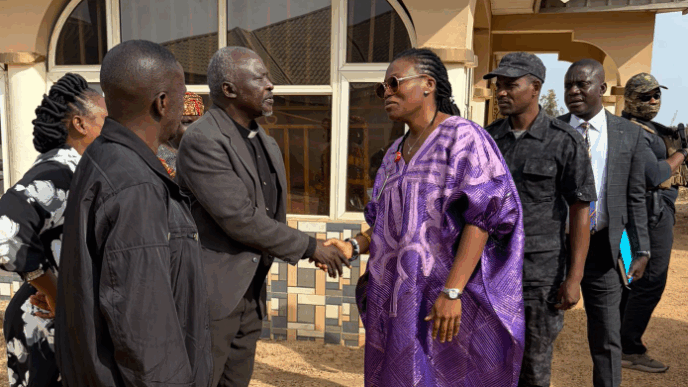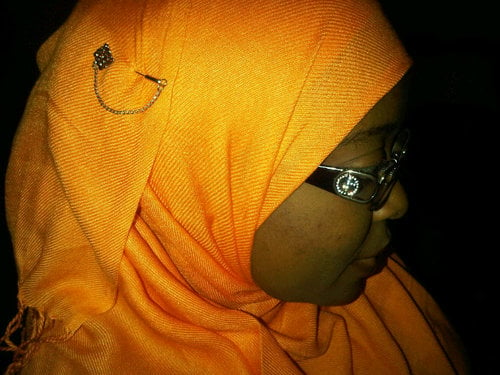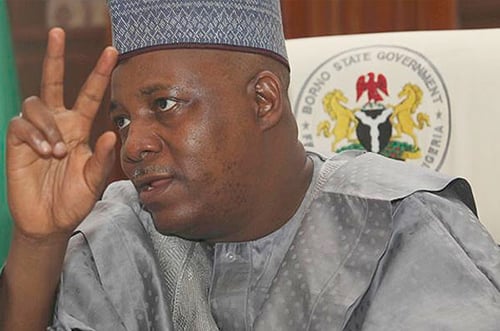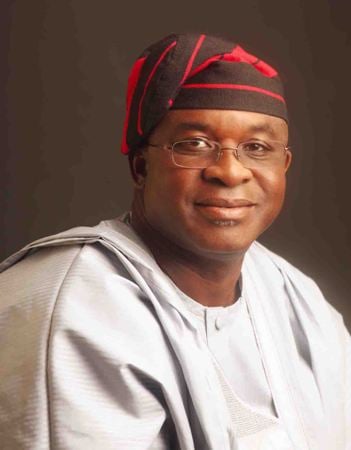Ayodele Awobona, from Ago Iwoye, Ogun state, is a spinal cord injury survivor. He earned a national diploma in computer science from Federal Polytechnic, Offa, Kwara state, and a bachelor’s degree in criminology and security studies from the National Open University (NOUN).
He is also a writer, a community development advocate and chairman of the Spinal Cord Injury Association of Nigeria (SCIAN), Ogun state chapter.
In this interview with TheCable’s YEMI MICHAEL, he shared details about the accident that led to his spinal cord injury, how he is coping with the condition and how this has made him understand disability issues and solutions better.
TheCable: Can you share the story of how you sustained your spinal cord injury, the early days of adjusting to life as a wheelchair user and your coping strategies?
Advertisement
Awobona: On December 13, 1997, my life changed in a way I could never have imagined. I was driving from Mile 2 towards Badagry, where I lived at the time. Everything seemed normal until it wasn’t. A tyre suddenly burst amidst road commotion, and in an instant, the car lost control and somersaulted off the road into the bush.
I wasn’t wearing a seatbelt, and the force of the crash flung me through the windscreen. I landed in the bush, disoriented, hurt and unaware that the impact had caused a spinal cord injury. Unfortunately, I walked from the scene of the accident back to the main road, unaware of the extent of the damage I had sustained. From there, I was rushed to a hospital where I was diagnosed and then referred to the National Orthopedic Hospital, Igbobi. Had there been a good emergency response in place, I might not have ended up with a spinal cord injury because they would have known how to handle me.
TheCable: What motivated you to take on the role of chairman of the Spinal Cord Injury Association in Ogun state, and what is your vision for the organisation?
Advertisement
Awobona: My spinal cord injury marked the beginning of a new chapter, one filled with pain, uncertainty, and challenge, but also one that has shaped my strength, resilience, and purpose. Living with a spinal cord injury has taught me to see life differently, to appreciate each moment and to advocate for the rights, dignity, and inclusion of persons with disabilities. I guess this was what my co-warriors saw that made them push me to lead them in Ogun state.
TheCable: What are some of the biggest challenges faced by spinal cord injury survivors in Nigeria, particularly in terms of accessibility, healthcare, and social inclusion?
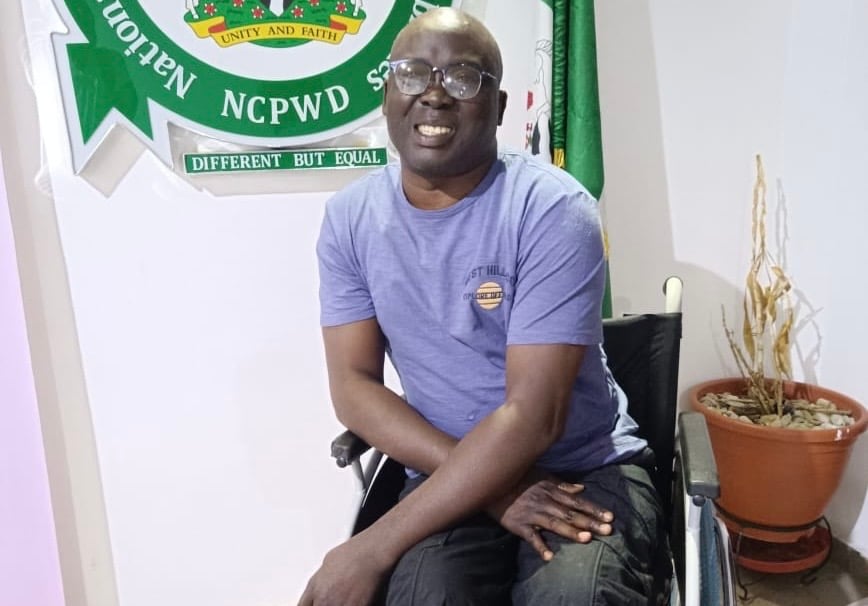
Awobona: Spinal cord injury (SCI) survivors in Nigeria face numerous interconnected challenges that severely affect their health, independence, and overall well-being, most of which are rooted in poverty. Access to healthcare is inadequate and expensive, with limited specialised rehabilitation centres, high treatment costs, and poor emergency response often worsening injuries. Mobility aids are largely unaffordable or unavailable, and even when accessible, poor infrastructure limits their usefulness.
Stigma, misunderstanding, and discrimination remain widespread, leading to social isolation, rejection, and even abandonment by families or employers. Many survivors suffer in silence, battling depression and loneliness. Unemployment is also a major concern, as many workplaces are not accessible, and economic empowerment opportunities are scarce, forcing survivors to rely on family or charity.
Advertisement
Although disability rights laws exist, poor enforcement means public services and spaces remain inaccessible, and survivors lack representation in policy decisions. Mental health issues are common, yet psychosocial support is limited, and community-based support systems are nearly nonexistent. Despite these challenges, many SCI survivors in Nigeria are defying the odds, emerging as advocates, leaders, agents of change and doing well if given the needed opportunity.
TheCable: How has your experience as a wheelchair user shaped your perspective on disability rights and advocacy in Nigeria?
Awobona: My experience has taught me that disability rights in Nigeria are often more theoretical than practical, like those motivational quotes people hang on their walls but never follow. Ramps? Rare. Elevators? Exotic. Public transport? You’d better have wings or a backup plan involving three strong friends; the list just goes on. But jokes aside, being in a wheelchair has given me a crash course (sometimes literally!) in what needs fixing.
It has turned me into an unintentional activist, a master planner of alternate routes, and a loud voice for those still trying to find theirs. I advocate not just for ramps and laws, but for dignity, inclusion, and a country where no one has to feel like an afterthought just because they roll instead of walk. So, yes, it’s been bumpy, figuratively and literally, but it has also made me resilient, resourceful, and determined to help Nigeria move (or roll) toward a more inclusive future.
Advertisement
TheCable: Can you describe specific initiatives or programmes led by your association that have made a meaningful impact on the lives of SCI survivors in your state?
Awobona: Our association has implemented several impactful programmes to improve the lives of spinal cord injury (SCI) survivors in our state. These include awareness and advocacy campaigns through community outreach and media to prevent complications and reduce stigma, an assistive device support programme providing wheelchairs, crutches, and walkers to enhance mobility and independence, and psychosocial support and peer mentoring, offering counselling and group sessions to foster resilience and hope.
Advertisement
We also engage in advocacy for disability-inclusive policies, pushing for stronger implementation of disability laws, accessible infrastructure, and inclusive programmes. Additionally, our annual Spinal Cord Injury Day commemorations celebrate survivor strength, offer health checkups, and raise public awareness on SCI-related issues.
TheCable: In your opinion, what role does your community support play in improving the quality of life for survivors of spinal cord injuries in Nigeria?
Advertisement
Awobona: Community support systems like the Spinal Cord Injury Association play a vital and transformative role in improving the lives of SCI survivors in Nigeria. Our association offer emotional support through peer interactions and shared experiences and a sense of belonging, which makes survivors find strength, hope, and motivation to adapt and thrive. We advocate for better healthcare and disability-inclusive policies, and provide assistive devices and medical accessories.
We also raise public awareness and change negative perceptions of disability through outreach and education campaigns, making society more inclusive and compassionate. Ultimately, the association does more than support; it empowers, advocates, and transforms, helping survivors not just live, but live with purpose and pride.
Advertisement
TheCable: What are some of the barriers to obtaining appropriate wheelchairs in Nigeria, and how does your association work to address this issue and other problems?
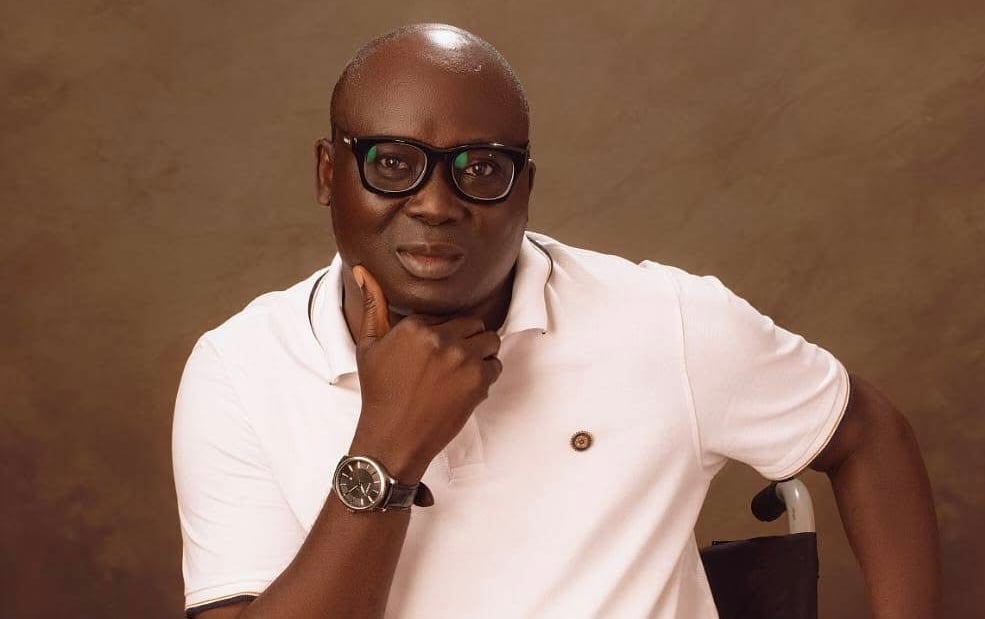
Awobona: Obtaining appropriate wheelchairs in Nigeria remains a major challenge for many persons with disabilities due to a range of systemic, economic, and social barriers. There are no local manufacturers, which makes quality and durable wheelchairs expensive and unaffordable for the average wheelchair user in Nigeria.
Our association, together with other OPDs, has been advocating for the inclusion of assistive devices in the public health budget and make the government insurance to cover assistive devices.
TheCable: How do you raise awareness about spinal cord injuries in your state, and what message do you hope to convey to the public?
Awobona: We raise awareness about spinal cord injuries in our state through public sensitisation campaigns, media engagements, and commemorative events like Spinal Cord Injury Day. We also partner with hospitals, disability groups, and government agencies to educate the public on prevention, early intervention, and rehabilitation.
Our core message is that spinal cord injury is not a death sentence; with proper care, support, and inclusion, persons with SCI can live meaningful and productive lives. We aim to break stigma, promote accessibility, and advocate for policies that protect the rights and dignity of those affected.
TheCable: What advice would you give to someone who has recently sustained a spinal cord injury and is navigating life as a new wheelchair user in Nigeria?
Awobona: Take it one day at a time. Your life has changed, but it is far from over. Surround yourself with positive energy, family, friends, and peer groups who understand your journey.
Don’t be afraid to seek help, ask questions, and connect with disability organisations that can mentor you and guide you through rehabilitation, rights, and opportunities. Most importantly, believe in yourself. Your wheelchair is not a limitation but a tool for your mobility and independence. With resilience, faith, and the right support, you can live a full, meaningful life and even become a huge inspiration to others. Better days surely lie ahead.
TheCable: Looking forward, what changes or improvements do you hope to see in Nigeria to better support SCI survivors and wheelchair users, and how can the government, society and other disability stakeholders help survivors?
Awobona: Looking ahead, we hope to see a Nigeria where spinal cord injury (SCI) survivors and wheelchair users are fully included, empowered, and supported to live independent, dignified lives.
This needs a multi-level commitment from the government, society, and all disability stakeholders.
The government should establish well-equipped spinal cord injury rehabilitation centres in every geopolitical zone and also allocate dedicated budget for SCI support services, enforce accessibility laws, fund assistive technology, and integrate disability rights into all policy areas.
For the society, embrace inclusion, offer emotional and financial support, create safe spaces, and treat wheelchair users with dignity and respect.
Disability stakeholders (NGOs, CSOs, development partners) should scale up advocacy, provide psychosocial support, empower survivors with skills and livelihood opportunities, and create platforms for peer support and leadership.
Also, public awareness and stigma reduction are key, educating the public about spinal cord injury to combat discrimination, change perceptions, and promote inclusion. Together, with compassion, commitment, and collaboration, Nigeria can become a place where SCI survivors are not just surviving, but thriving.
